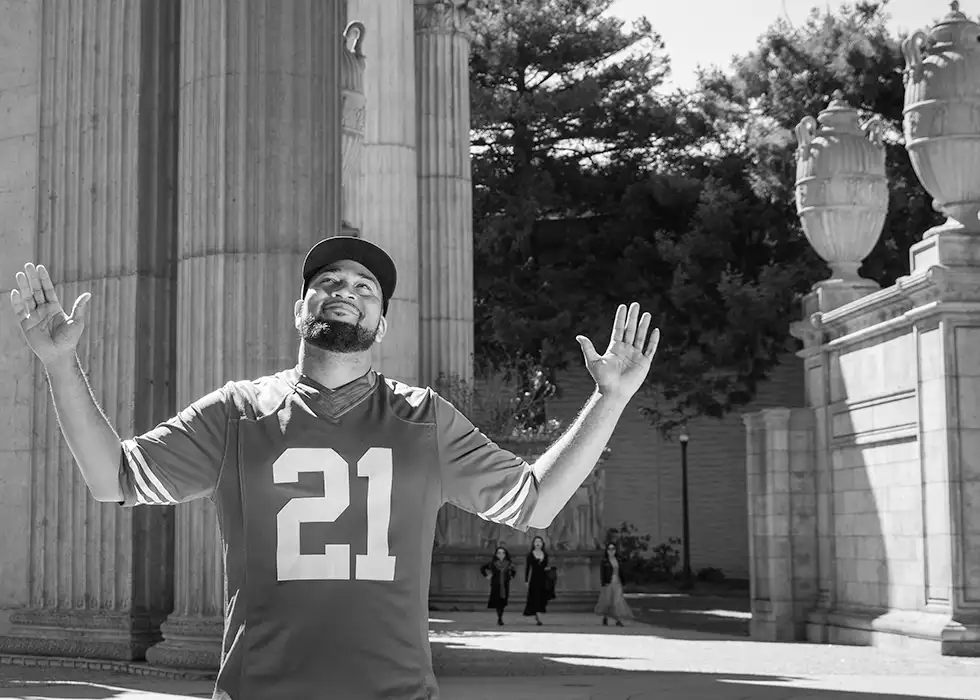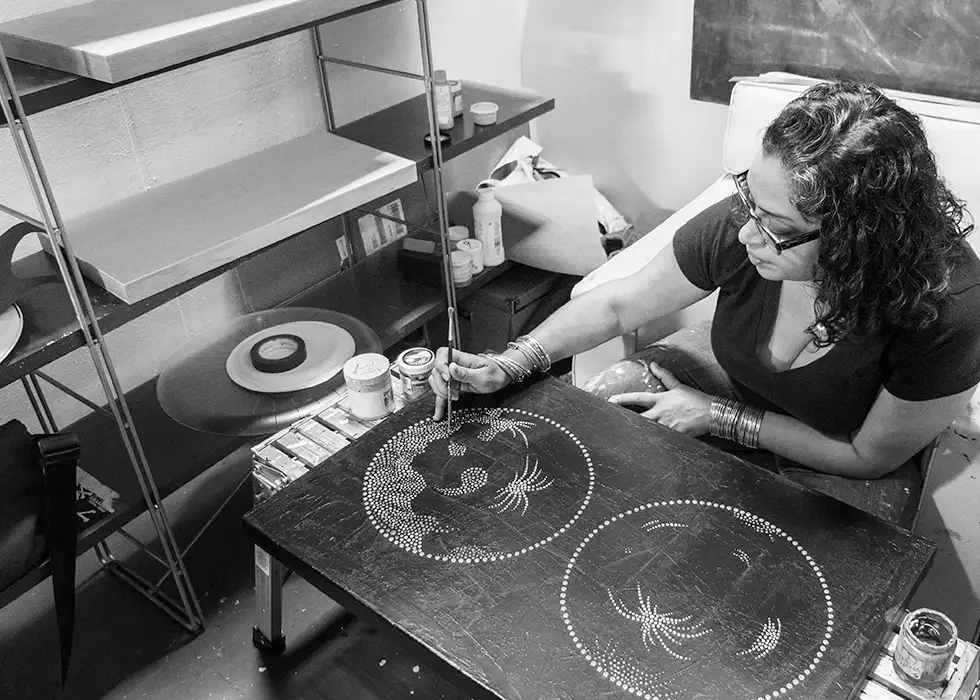How to Save Money
Are you trying to save money or build up an emergency fund? Does your budget make it feel impossible? Don’t worry, we’ve got you covered.
The good news is that you can start putting a little away. It just takes a little patience and a little discipline.
Here are 16 money-saving tips to help you start putting a little something away.
16 easy ways to start saving money
With a little financial knowledge and a plan in place, everybody can save money. Even if it’s just a small amount at first, it’ll start to add up.
1. Pay off debt first
It could be hard to start saving if you’re making monthly payments on your debts. Paying them off first will free up some extra cash to go towards your emergency savings fund.
One way to do this is the debt snowball method. If all of your debts have roughly the same interest rate, you start paying them off in order from smallest to largest. If the interest rates vary, start paying off the highest interest rate first, then move on to the lower ones.
This doesn’t mean that you avoid making the minimum payments on the smaller debts or the lower-interest rate debts. It just means that you make more than the minimum on the debts you want to pay off first.
2. Cut down on your grocery budget.
Most people are surprised at how much they’re actually spending on groceries, once they sit down and look at the numbers. Impulse buys, shopping while you’re hungry, or just winging-it down the aisles can really start to add up at the register.
You can save money on groceries by planning your meals ahead of time and by looking at what you already have in your kitchen before you go to the store. Let’s be honest, we’ve all come home to find out we didn’t really need to buy that bag of flour, because there was already one in the pantry!
3. Cancel subscriptions and other memberships
Do you know how many subscription services and memberships you have? A lot of people don’t. Netflix, Spotify, Hulu, Amazon, gym memberships, beauty boxes, meal kits, and on and on. All of these really add up.
Take a look at your monthly statement to find out which services and memberships you’re subscribed to. Which ones are you actually using? Are they all necessary? Which ones could you live without so you can start saving for the future?
You could also see if any of your friends or family would be willing to share their subscription with you, or split the bill. A lot of streaming services allow for multiple users.
4. Buy generic when you can
It’s true that you get what you pay for. And sometimes, the name brands are worth the extra money for the higher quality. Other times, you’re just paying for the name and the sleek design on the package.
Generic medicines, staple food items (like rice and flour), cleaning supplies, and paper products all cost significantly less than their name brand counterparts, and they work just as well.
5. Automate your savings
Pretty much every financial institution will let you set up automated transfers to your savings account. Or you can set up your direct deposit to transfer a percentage of your paycheck to the account.
Before you automate the process, figure out how much you can afford to transfer each pay period. If it’s within your budget, go for it! Even if it’s only $5. In the long run, you’ll be happy you did.
6. Spend extra money carefully
Did you get a bonus at work or a nice tax refund? Think about how that extra money will help you achieve your goals. And not the goal of a new big screen TV. Think about your long-term financial goals.
If you have debt, that’s the first place that money should go. If you’re debt-free, put that money towards your emergency fund.
8. Go energy-efficient
Cutting down on your monthly utility bills can free up some extra cash too. With just a few tweaks, you can put the money you save towards your future.
Energy-efficient lightbulbs are a good, inexpensive start. Taking shorter showers and washing your clothes in cold water can also help.
Energy-efficient appliances will also help cut down on those bills. But they’re not cheap. If you work them into your monthly budget, you could save up over time and pay for them with cash.
9. Take a look at your insurance rates
Did you know that people save an average of $700 when they have an Endorsed Local Provider (ELP) check their rates for them? It’s worth a shot, right?
10. Pack a lunch
Even if you’re only buying lunch a few times a week, it starts to add up. Taking the time to meal-plan on Sundays and bring your lunch to work every day can really help you save money.
11. Don’t be afraid to ask about discounts
It never hurts to ask, right? So the next time you’re out at the movies, a museum, or other event, ask if they have any special discounts for seniors, students, teachers, military, anything that may apply to you.
Some places might even offer discounts when you pay in cash, because it saves them the processing fee on debit and credit cards.
12. Don’t neglect your 401(k)
If your employer offers a 401(k) matching program, you should really take advantage of it. That’s free money!
Even if you can only afford to contribute a small amount each month, the match from your employer will double that.
13. Do it yourself, if you can
Before you think about hiring somebody else for a project around the house, check to see if you can do it yourself.
Between Google and YouTube, you can learn to do just about anything. You’ll just have to pay for the materials, which will be a lot cheaper than paying somebody to do it for you.
If you’re not that crafty or handy, ask a friend or family member to help! Make a night or weekend out of it. In addition to saving money, you’ll earn bragging rights every time somebody compliments your work.
14. Walk past the coffee shop
For a lot of people, this one may be the hardest on the list. You don’t have to cut out lattes entirely, but 5 trips a week compared to one on the weekend adds up.
And you don’t have to suffer through cheap, instant coffee. Buying a pound of beans from your local coffee shop and making it at home is still cheaper than getting your fix in the store every day.
15. Renew your library card
Check your local library before you buy that new bestseller. Most libraries also have audio books and digital copies too.
Your local library is a great way to check things off your reading list and save money.
16. If you can live without it, sell it
Marie Kondo is definitely onto something. Decluttering your home by getting rid of things you don’t need can give you peace of mind, and make you some cash!
Take inventory of the things in your house. Could you live without it? Do you really use it? Did you even remember you had it before you took a good look?
Put those items that are just taking up space on eBay, Facebook Marketplace, Craigslist, have a garage sale, whatever works for you.
The bottom line
Everybody can save money with a little patience and financial discipline. Taking a good, honest look at your spending habits and setting a budget – and sticking to it! – is the first step towards saving for your future.
Don’t get discouraged. Start small. And remember that every little bit will add up. If you have questions about budgeting, building an emergency fund, or finances in general, check out the other articles in our Learning Center.




